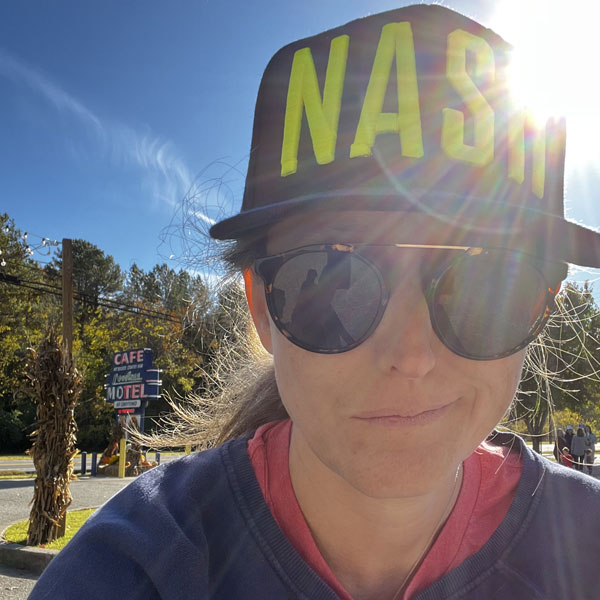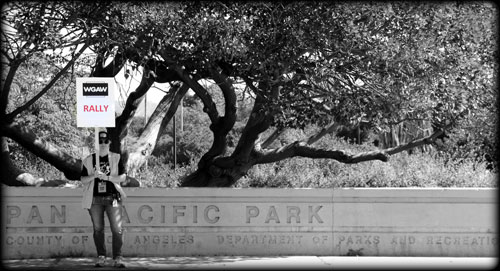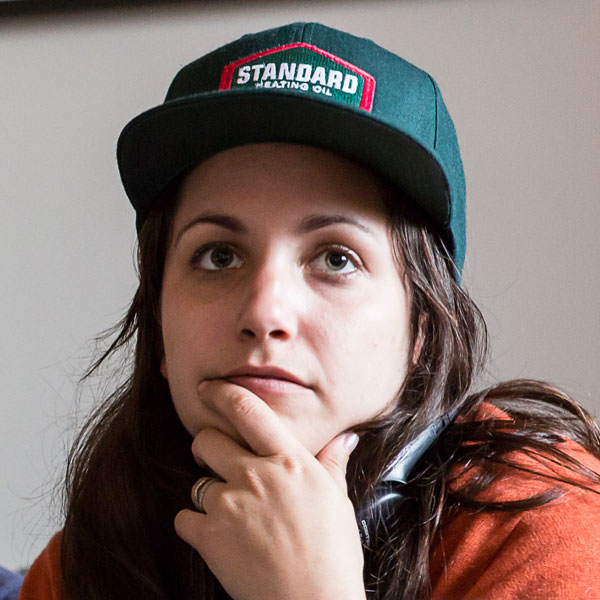Customized deal research by WGAW Agency Department leads to better results for writers.
12/5/2025 • Evan Henerson
Have a Wonderful Watch Party…and Bring a Toy!
Member holiday party to include a screening of It’s a Wonderful Life and a toy drive.
Customized deal research by WGAW Agency Department leads to better results for writers.
In the art of dealmaking, studios negotiators are eternally trying to keep the upper hand by informing writers that a given demand is impossible to meet because of an unyielding precedent: i.e., “We don’t do that.”
WGAW Board of Directors member Angelina Burnett recalled negotiating a feature deal and hearing that very rationale from the studio as she was seeking a two-step deal. (This took place before the 2023 strike when the union won mandatory two-step deals for screenwriters working at 200% of the minimum or less.)

“They said they just didn’t do them, and I thought, ‘Well, that’s got to be a lie,’” Burnett said with a laugh.
One call to the Guild’s Agency Department confirmed this, as Agency Contracts & Information Analyst Missy Brown was able to pull up several past instances of multiple-step deals from that same studio.
“In fact, it was a lie. They do offer two-step deals; they just didn’t want to offer one to me,” Burnett said. “The thing I love about this resource is that you’re never operating in a vacuum. When they say, ‘We don’t do things,’ to be able to check and be able to go back and say, ‘Actually, I have these four instances of the times you have done that, so give me a better reason’ is just invaluable.”
Any WGA member can make a similar call at any time. As a result of the Guild’s 2020 Agency campaign, agencies share information with the Guild about writers’ employment as required by the Agency Franchise Agreement. Since June of 2021, Brown has been reviewing records of past deals and creating customized spreadsheets of contracts and deals with information that writers and their reps can use in their own negotiations.

That information could include pilot script fees or pilot producing fees, EP and/or weekly fees, series sales bonuses, contingent compensation, royalties, consulting producer fees and other bonuses. The Guild also tracks overscale weekly and episodic fees by title. On the feature side, Brown can find data that covers treatments, first drafts, rewrites, polishes, credit bonuses, box office bonuses, and awards bonuses.
A member might call or write in, saying their reps are negotiating a deal with a studio to create and run a show and are looking for comparable deals that writers have negotiated over the past 12-18 months with the same studio. Another member might be anticipating a feature offer on a spec script and ask for previous comparable offers from the studio to WGA writers, to get a better understanding of what their deal might contain. Brown puts together a spreadsheet of targeted information, usually within a matter of hours.
“The goal is to get writers more money,” said Brown.
WGAW member Hannah Fidell heard about the service through a women’s showrunners group. In a discussion about how to get projects up and running post-strike, someone mentioned that the Guild compiles details of recent deals which can be used to cross-check elements of one’s offer. Fidell was in the midst of negotiating a showrunning deal with a studio she had not previously worked with. She contacted Brown and, within hours, received an anonymized spreadsheet of comparable hourlong pilot deals along with other elements that can accompany a deal.

It was helpful to know, even before we got the official option, where I could tell my reps to go harder or not, and guide them in terms of what was important to me.
- Hannah Fidell
“It was helpful to know, even before we got the official option, where I could tell my reps to go harder or not, and guide them in terms of what was important to me,” said Fidell, who subsequently went back to Brown for research before pitching another project.
In that instance, she determined that there was precedent for receiving a development fee for preparing a pitch, which Fidell took advantage of. “So that was money in my pocket,” she said.

“I like to think about story. I don’t like to think about deal-making, because there is such an emotional component to putting your value into dollar terms,” Fidell said.
Having served on the board and the WGA Agency Negotiating Committee that helped win information sharing, Burnett has used the service more than once. She has also encouraged her representatives to be open to incorporating the deal research data into negotiations if it proves helpful.
“I switched lawyers a few years ago and one of the questions I asked was, ‘Are you comfortable if I bring this resource into our work?’” Burnett said. “I encourage people to really become the leaders of their own team. People like to defend their territory, so find a way to respectfully push and make sure that your team is willing to make use of this valuable resource.”

WGAW member Ken Kristensen has also turned to the Agency Department’s deal research on multiple occasions, including compiling deal data on the two different studios that were engaged in a bidding war over his pitch. When he wanted to key in on comparisons of post-production pay rates, Brown obliged.
“She put it together very quickly,” said an appreciative Kristensen. “Speed is important because when we’re getting these offers, you don’t want to take a week to get these numbers. I’ve really appreciated that it’s not just the numbers, it’s the speed and attentiveness to my needs as a writer.”
Has he found the information useful? “1,000 percent,” said Kristensen.
“I feel that as a writer, when you’re negotiating, you’re pretty much in the dark unless other writers have deals at those studios,” he said. “I’ve been offered something from a studio, and I’ve had other friends who have said, ‘Yeah, I got this, I got that,’ and I’m able to push for that, but this is more comprehensive. I get to see the numbers. I get to see what the ceilings and what the floors tend to be, and I can make a better negotiation decision counter-offer based on that.”